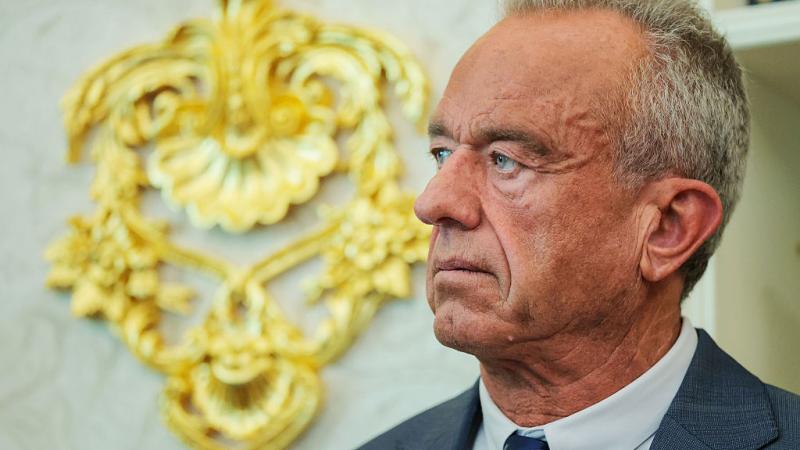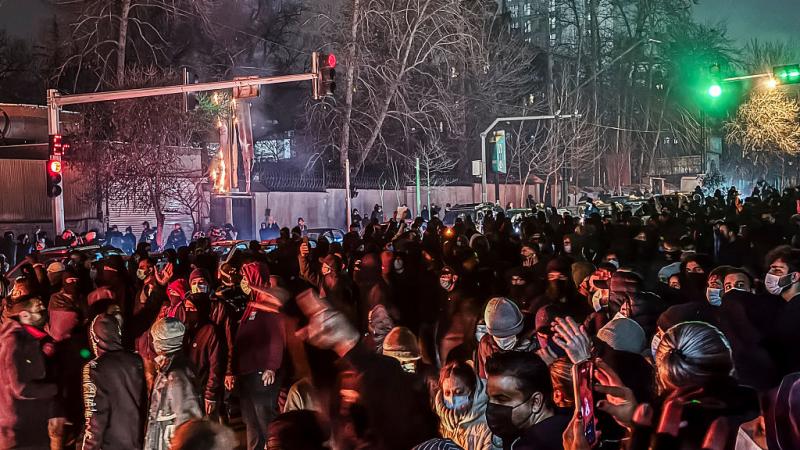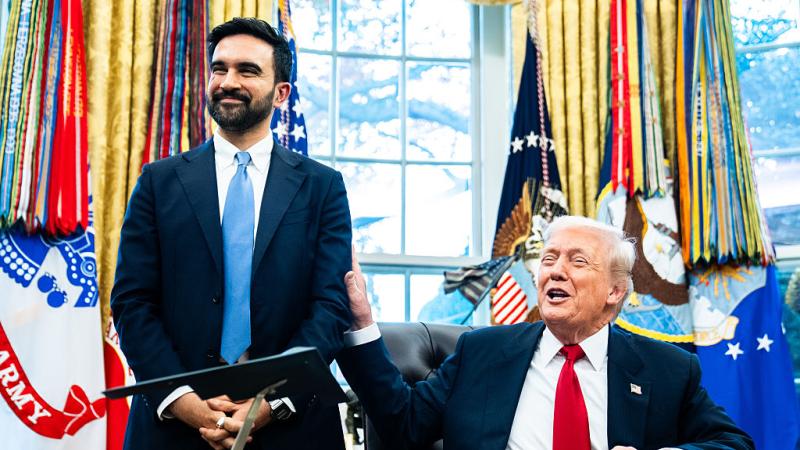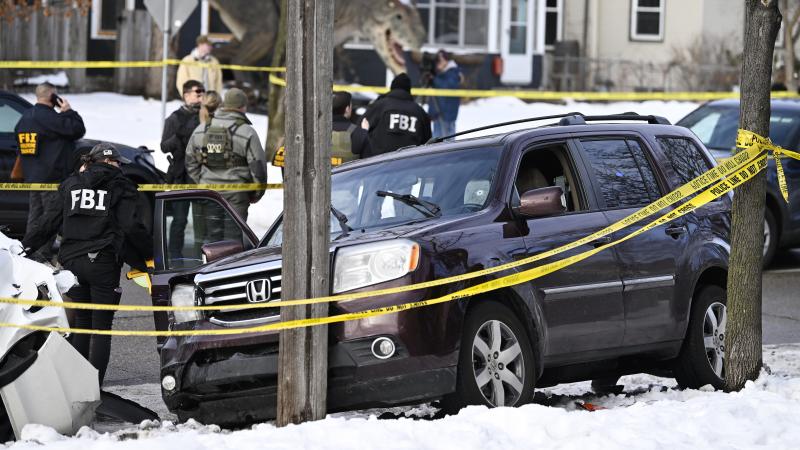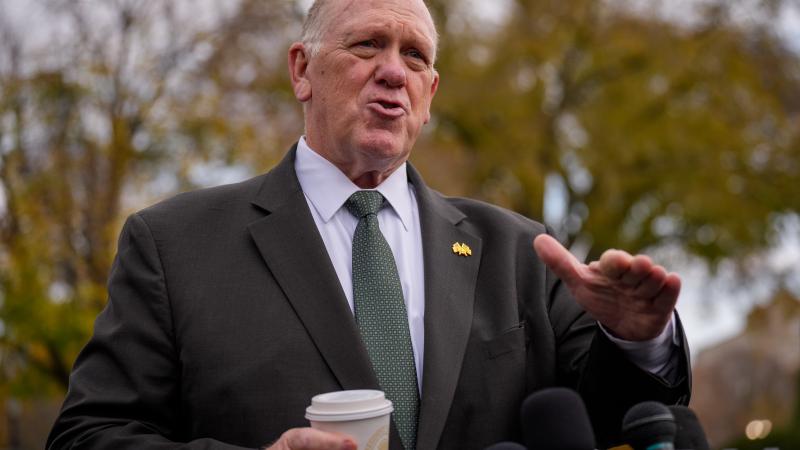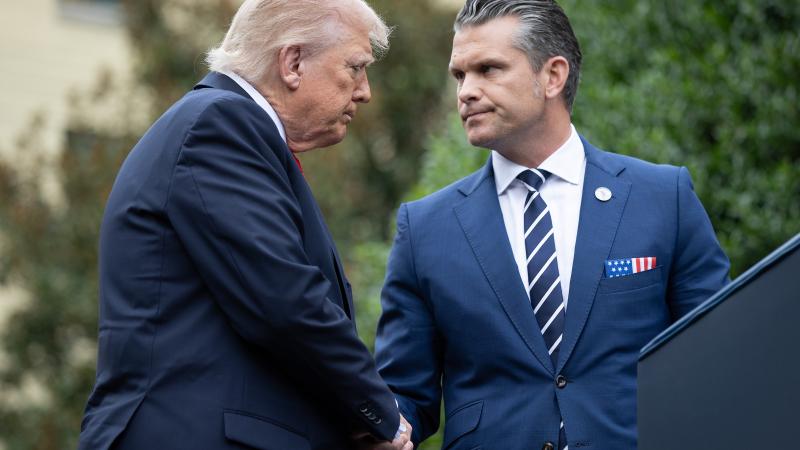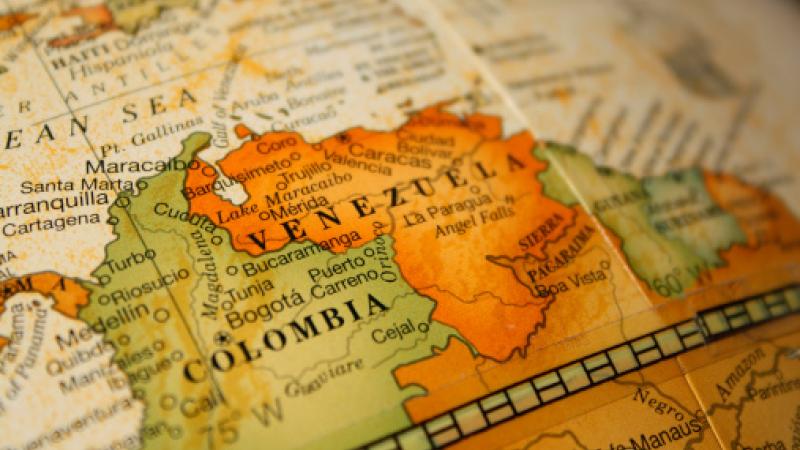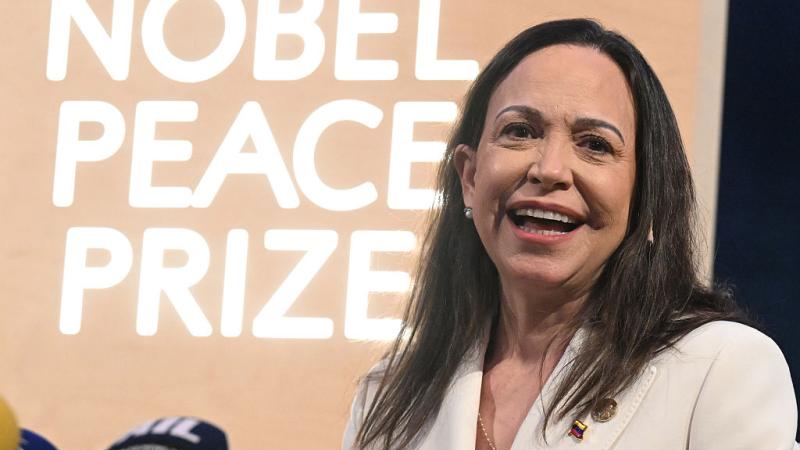Russia admits pandemic death toll three times higher than previously reported
More than 186,000 Russians have died from the virus, up from the 55,265 the country officially reported
Russia has finally admitted that its death rate from COVID-19 is much higher than officially reported.
New figures show that the death rate is three times higher than officials have said. More than 186,000 Russians have died from the virus, up from the 55,265 the country officially reported, according to Sky News.
That puts Russia No. 3 among the nations with the highest number of fatalities, ahead of India and just behind the United States and Brazil.
"On Monday, government statistics agency Rosstat said the number of deaths from all causes between January and November had risen by 229,700 compared to the same period in the previous year, according to a report by news agency AFP," Sky wrote. "And Russia's deputy prime minister Tatiana Golikova said 'more than 81%' of that increased mortality was due to COVID-19, meaning that more than 186,000 Russians had died from the virus in that period."
Way back in August, Russia approved a vaccine for COVID-19, becoming the first nation in the world to mark the achievement.
President Vladimir Putin, who announced the approval of the vaccine, said one of his two adult daughters has already been inoculated. Putin also said the vaccine underwent all tests to show its effectiveness, although Russian officials offered no data to back up his claim. The approval was granted by Russian health officials after just two months of human testing, Reuters reported.
“A vaccine against coronavirus has been registered for the first time in the world this morning. I know that it works quite effectively, it forms a stable immunity,” Putin said on state TV. “I repeat, it has passed all the needed checks. … We must be grateful to those who made that first step very important for our country and the entire world.”
Putin said that his daughter had a 104.4-degree temperature when she had her first vaccine injection. Her temperature dropped to 98.6 degrees the next day, while a second shot brought a slight increase in her temperature, which later dropped, the Associated Press reported.
The vaccine, called Sputnik-V, which is a reference to the 1957 launch of the world’s first satellite by the Soviet Union, was developed by the Gamaleya Institute, which is based in Moscow. Russia’s health ministry said the vaccine can provide coronavirus immunity for up to two years, according to the AP.
"Reports have said that 700,000 doses have been released, although there are no official figures for how many people have been vaccinated and there are concerns about a high degree of vaccine scepticism," Sky News wrote.
Scientists warned that Russia's vaccine never underwent Phase 3 trials — which involve thousands of patients and usually lasts for months.
“Fast-tracked approval will not make Russia the leader in the [vaccine] race, it will just expose consumers of the vaccine to unnecessary danger,” Russia’s Association of Clinical Trials Organizations said, urging government officials to postpone clearing the vaccine without completed advanced trials.

